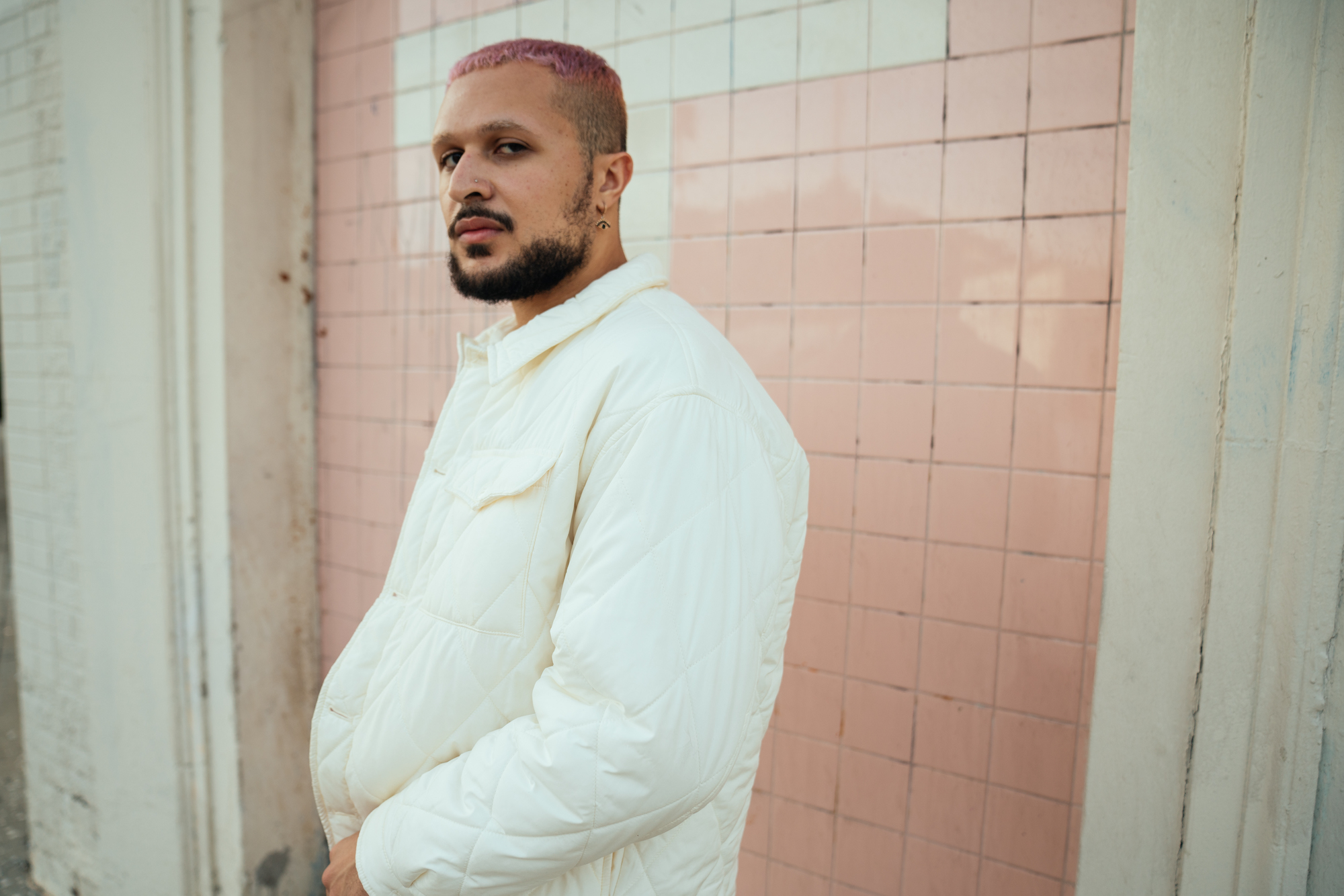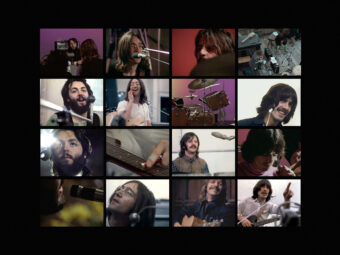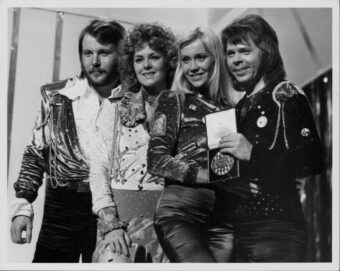REECE’s style of self-described “kitchen sink pop” comes into full focus on his new project, It Boy, which moves from acoustic-rap head-nodders to two-step inspired dance workouts. With inspirations ranging from Lady Gaga to Frank Ocean to FKA Twigs, REECE’s music sprawls towards each of these influences with its own unique spin. His knack for melodies is immediately apparent, but the subtle nuances of experimental flexes reveal themselves with repeat listens.
While the arrangements and melodic flourishes give the album unpredictability, REECE decided to hone in on a few specific themes with his lyrics. Born out of the pandemic, the album obviously grapples with what so many have experienced — but on It Boy, REECE gets extremely vulnerable in examining what happiness means and why he’s so much more comfortable exploring his emotions via song than through talking.
“Over the past few years, I’ve realized that I don’t know anything,” REECE says. “I had a plan for my life. I saw myself being at a certain point by a certain age, and nothing came to fruition. I was chasing things that were very material. I love material things, but what I really wanted was to feel at peace in whatever I was doing.”
For REECE to discover this peace, he had to figure out how to be happy. Coincidentally, it was that exact thought process that brought about the final song on It Boy. “I was writing that song, quite literally trying to figure out what made me happy,” he says. “I still don’t know, but I think that’s where I’m at now — on a journey of finding what peace is and what that looks like for me.”
Part of REECE’s happiness has come from finding a community who can relate to and are moved by his music. After feeling unable to find his footing both as a person and a musician for some time, he discovered a joy in fulfilling a previously unknown destiny as someone who can be a role model for people struggling with self-identity — a joy that also served as a powerful catalyst for himself as an artist.
“This industry can be tough, and this path is tough,” he says. “There have been a lot of times where I’ve wanted to give up, but then I receive a message like ‘This song really helped me heal through a really hard time. It really impacted me,’ and I discover a greater purpose. It is a very surreal feeling knowing that my words can deeply affect people — even if it’s one person. There are so many songs that have affected me. To realize that I’m doing that for somebody else is beautiful.”
The urgency on It Boy is palpable, as if REECE is finally understanding the power his music can have. There’s a real-time joy on tracks like “No Crying In A Ho Phase” and a visceral anger on “Fuck You.” Everything on the album is immediate — a direct reflection of how REECE sees the world. A lot of this comes from how the Los Angeles-based artist recorded the project. On previous EPs, he would piece things together based on songs he already had recorded. But with It Boy, he recorded all new ideas into songs that felt close to him and reflections on his current reality.
“With It Boy, I knew what I wanted to write about,” he explains. “I knew what I wanted the story to be, and I went into this process with a vision in mind. I would wake up and think to myself, ‘OK, I want to write about this. I want to write about that.’ It was very thought out, and it was a very thoughtful process.”
The end result is REECE’s strongest and most life-affirming project to date, a real-time journey of an artist discovering the joy they hold inside. It Boy sprung from a toxic relationship — one REECE was dwelling on — and turned into a project that found the songwriter discovering a self-confidence he didn’t know he had. The defining philosophy of It Boy is that bad relationships don’t define us, and good ones aren’t all that we are either.
“Our experiences aren’t that uncommon,” he says. “I think that we all unite on that. It doesn’t matter how old we are, what our sexuality is or what our race is.”




